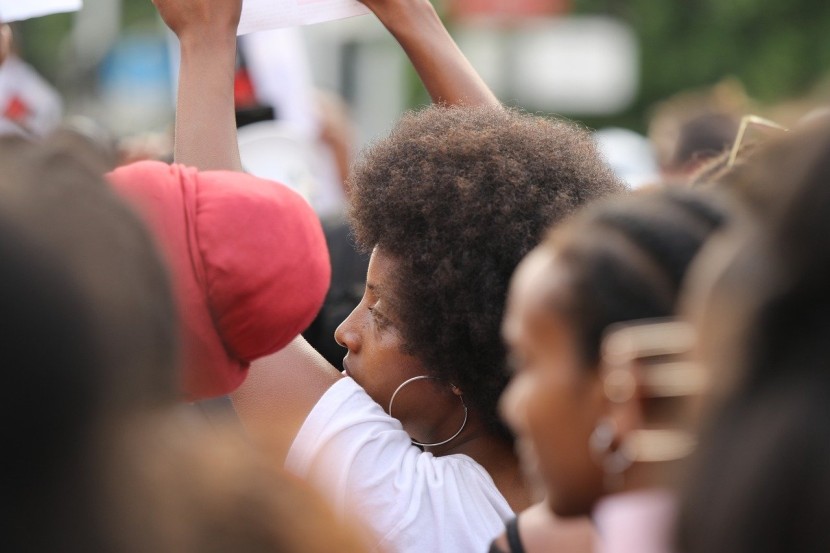
One hundred seventeen-year-old Viola Fletcher was seven years old when she served as a witness to one of the most heinous acts of racial violence the United States has seen. A mad White mob ran amok in the Greenwood District of Tulsa in Oklahoma. Hundreds of Black people were reportedly killed, leaving her thriving neighborhood in ashes in 1921.
107-Year-Old Tulsa Massacre Survivor Gives Eyewitness Account
During an emotional testimony on Capitol Hill on Wednesday, the witness recounted her memories of the two-day massacre that killed off hundreds of Black people.
According to Fletcher, "I will never forget the violence of the white mob when we left our home. I still see Black men being shot, Black bodies lying in the street. I still smell smoke and see fire. I still see Black businesses being burned. I still hear airplanes flying overhead. I hear the screams. I have lived through the massacre every day. Our country may forget this history, but I cannot," reported NPR.
The House Judiciary Subcommittee on the Constitution, Civil Rights, and Civil Liberties heard testimonies from three centenarians on Wednesday regarding a violent mob's riot 100 years ago. This transpired through the thriving Tulsa neighborhood of Greenwood.
It was known at the time as "Black Wall Street." Despite the Oklahoma Bureau of Vital Statistics initially recording mere 36 fatalities after the incident, a 2001 state commission estimated the total to be from 75 to 300, reported CBS News.
Chairman of the panel Congressman Steve Cohen recognized restrictions and announced to those in the room to keep their face mask on at all times. Unless they are speaking or unless they are over a hundred years old, reported The Guardian.
Read Also : 2 Former Police Officers Charged in Violent Arrest of Woman With Dementia, Laughing and Breaking Her Arm
Lawmakers heard accounts from Tulsa race massacre survivors Viola Fletcher, Lessie Benningfield Randlem, Hughes Van Ellis, and massacre descendant and Oklahoma State Rep. Regina Goodwin.
The "proud, rich, black" 1921 community in Tulsa experienced the massacre. Up to 300 Black Tulsans were killed by white residents, with the thriving neighborhood of that Oklahoma city burning to the ground.
The purpose of the hearing was to navigate possible ways of compensation for the massacre's survivors and their families. Fletcher is currently the oldest known living massacre survivor.
Despite the extended period, city leaders in Tulsa indicate they are still searching for closure following the Tulsa Race Massacre. The 35-block radius in the segregated community was once active with hundreds of businesses.
Fletcher made her testimony before members of a House Judiciary subcommittee. She called for justice and the US to officially recognize the massacre ahead of the 100th anniversary on May 31. Historical photos displayed Black residents' bodies lying in the streets.
The United States is currently tackling systemic racism laid bare by the novel coronavirus pandemic and the deaths of George Floyd and other Black people in engagements with law enforcement.
The same committee that heard from the survivors has also been studying amends for the descendants of millions of enslaved Americans. They recently advanced a bill that would develop a commission to examine the lingering effects of slavery.
Related Article : Joe Biden Expresses Support for Cease-Fire Between Israel, Gaza, but Did Not Call for an Immediate End of Violence
© 2026 HNGN, All rights reserved. Do not reproduce without permission.








